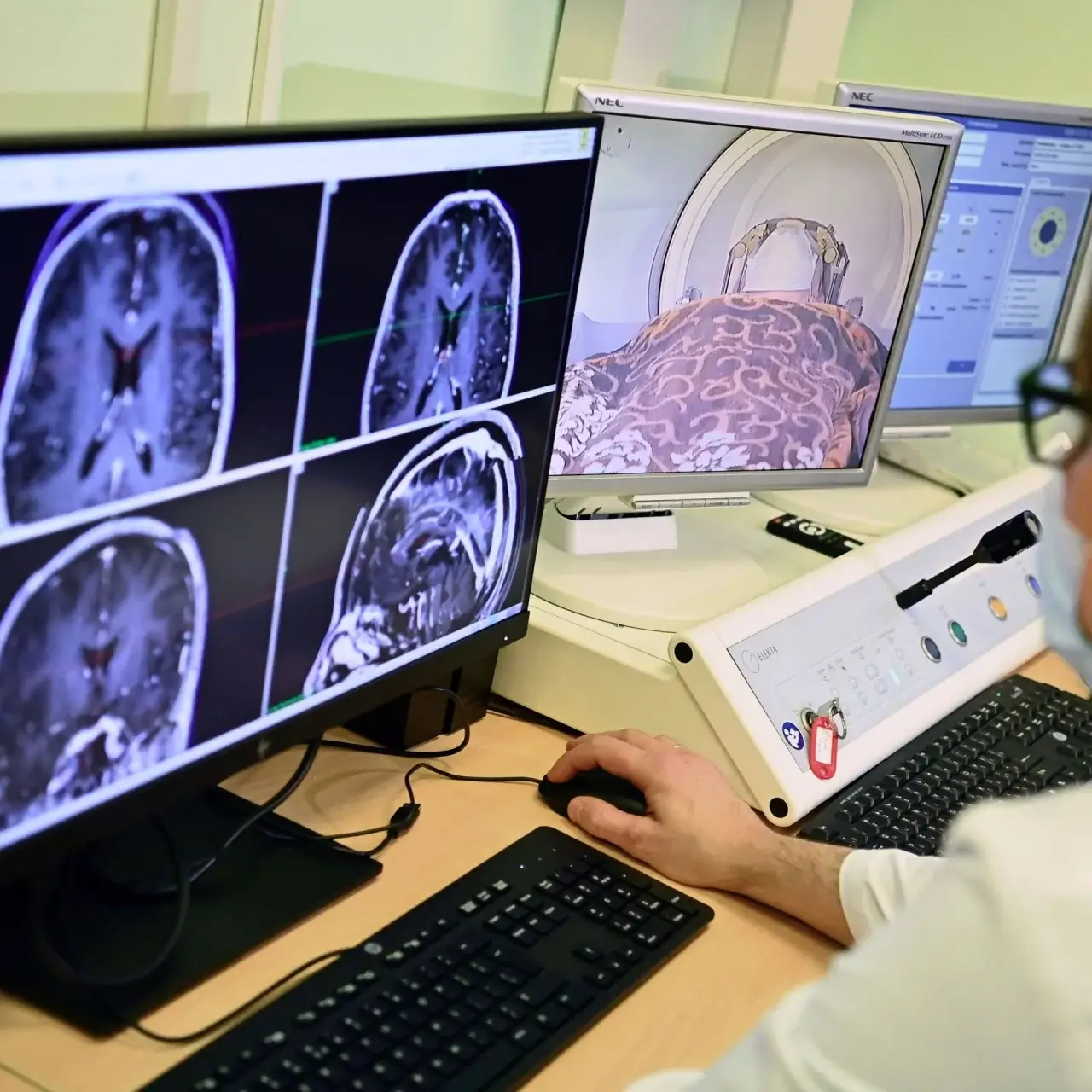Stanford scientists create implant that turns human thoughts into words

Researchers at the prestigious Stanford University in the United States have developed a brain implant capable of “reading” the words passing through a person’s mind and converting them into speech. This breakthrough could open new doors for patients who have lost their ability to speak and are paralyzed, reports Financial Times.
The innovative device is implanted into the area of the brain responsible for speech. During experiments, participants mentally pronounced words without making any sound. At that moment, the implant captured neural signals, which were then analyzed by artificial intelligence and translated into clear words and sentences.
The system has already been tested in practice. Trials involved three patients diagnosed with amyotrophic lateral sclerosis and another patient who had lost speech after a stroke. The implant achieved a decoding accuracy of up to 74%.
According to the researchers, the key advantage of this interface is that it can be used even by individuals who can no longer produce any sounds. Moreover, the system is capable of detecting “inner speech,” such as mentally counting numbers or silently repeating phrases.
Special attention has been given to privacy concerns. The developers explain that protective measures have been introduced: the patient can mentally enter a password to activate or deactivate the decoding process.
Even during tests with the phrase “chity chity bang bang,” the system worked successfully in 98% of cases. This demonstrates both the reliability of the technology and its potential for wide application in the future.
In conclusion, the brain implant created at Stanford could mark a new milestone in medicine and technology. It not only restores the ability to communicate for patients but also paves the way for a revolution in the study of human thought.
Read “Zamin” on Telegram!
















